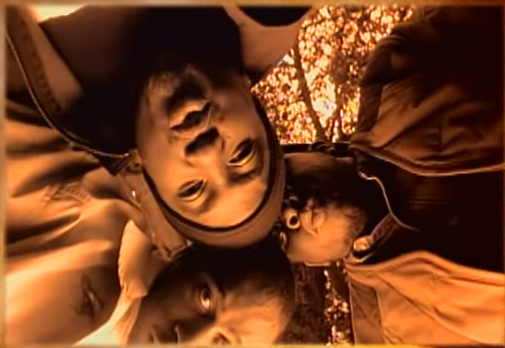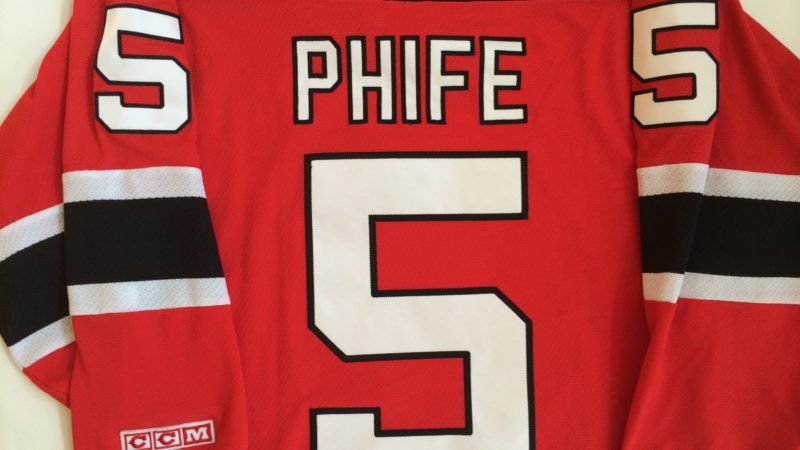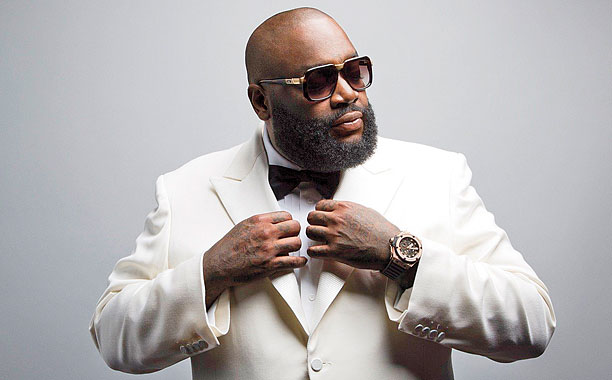For decades, the Hip-Hop Community has vigorously rebuked the idea that Hip-Hop has contributed to the downfall of Western society. We often downplay the immense influence that rap music exerts on the kids who consume it; laying blame exclusively at the doorsteps of American parents. That’s a bit self-serving and more than a little dishonest. While Hip-Hop cannot rightly be blamed for society’s ills, it does play a huge role in the lives of its consumers. What gets lost in the continuing denial of Hip-Hop’s allure are the many positive aspects to its immense influence. These benefits often come about despite the often mercenary agenda of rappers themselves. As a child, Hip-Hop helped me accept myself in way that I am only just now able to acknowledge and understand.
Though I consider myself American, my father was originally a foreigner hoping to make it in the Promised Land. He came from Jamaica as a young man and settled in the Bronx. Quite a few years after his arrival, he married. The product of said marriage was yours truly, born at Albert Einstein hospital in 19-pscyhe!
As a kid growing up in the North Bronx, the cartoons and sitcoms I consumed featured mostly white, English-speaking characters. This made other forms of culture seem a bit alien to my young mind, despite the fact that my North Bronx neighborhood was populated by other West Indian families.
From an early age, I began to notice the cultural differences in my household, as opposed to what I had come to see as “normal.” My father’s accent was still very thick, to the point where I couldn’t always understand him. He also listened to different music than I was used to hearing on the radio. While I was enamored by dance moves of Michael Jackson, my father would play records by Bob Marley and Peter Tosh. I couldn’t imagine that anyone other than he and his friends were listening to this strange form of music.
At the age of 6, I first became aware of Hip-Hop culture. I was immediately taken by songs like “AJ Scratch” and “What People Do For Money,” though I had no idea what I was listening to. I referred to it as “breakdancing music.” It belonged to a world full of cool kids that were able to do things I couldn’t. Still, its message came through loud and clear: look to those guys to know what’s cool. Little did I know that being such an unabashed follower would benefit my cultural identity.
Sometime in the mid to late 80’s, it became customary for rappers to include a faux-Reggae song on their albums. The first ones I ever heard were by the Fat Boys and Run DMC, but they popped up before I was truly immersed in the music. At the dawn of the golden era, such fusion became more prominent. KRS-1, Just-Ice, Heavy D, and Poor Righteous Teachers all showed undeniable Reggae influences. Special Ed and MC Shan likewise paid tribute to Reggae on their debut LP’s. The ever growing list soon grew to include rappers from outside of the New York Tri-State area. 2 Live Crew’s infamous As Nasty As They Wanna Be included a track titled “Reggae Joint.” Eazy-E’s first album contained “Nobody Move,” which lifted its hook from “Nobody Move, Nobody Get Hurt” by none other than Dancehall legend King Yellowman.
By the early 1990’s, rappers like Snoop Dogg and Buckshot were using elements of “Rude Boy” posturing to enhance their tough guy images. It was around that time that my father began to educate me on the inextricable connection between Dub Reggae and Hip-Hop.
By the time I was a teen, my Jamaican heritage was not only normal, but became a badge of honor. My dad was from a place that had a big hand in shaping what American kids would come to regard as the ultimate embodiment of cool. That strange music my father listened to wasn’t so strange at all, and it was Hip-Hop that helped me realize that.
Rap music never turned me into a drug dealer or addict. It never made me into a womanizer or a dead beat dad. It never even made me “cool,” as I once hoped it would. It did however, help me understand my pops just a little better.
Follow Malice Intended on Twitter @ http://twitter.com/renaissance1977
Follow Us on Twitter @ http://twitter.com/planetill
Become a citizen of Planet Ill. Join our Forums
Join Us on the Planet Ill Facebook Group for more discussion
Follow us on Networked Blogs






One thought on “Knowing Your Roots: How Hip Hop Inadvertently Helped Me Accept My Racial Heritage”